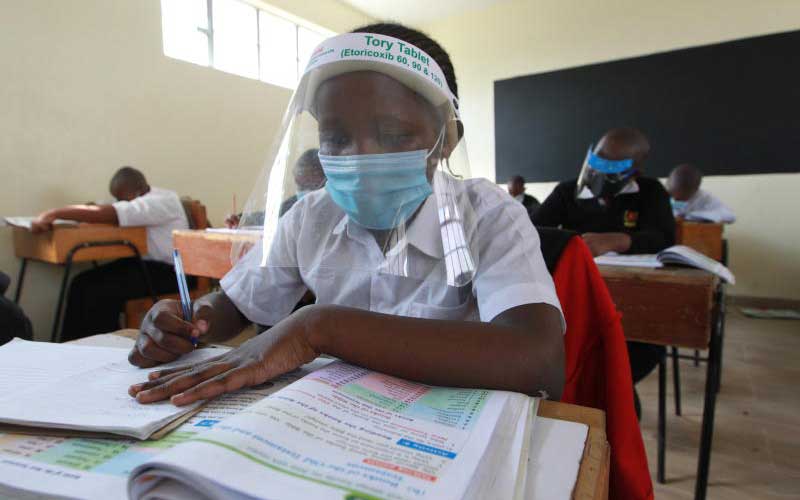×
The Standard e-Paper
Fearless, Trusted News

Pupils at Kirawa Road School in Nairobi during a class session on Oct 13, 2020. [Jonah Onyango, Standard]
There is no gainsaying that 2020 has been the hardest year for many people. Covid-19 has had devastating effects on the world economy and many people will continue to experience the ripple effects for some time.